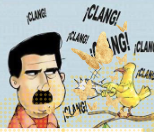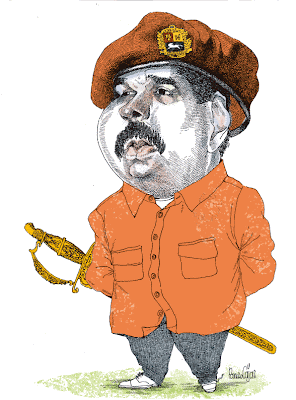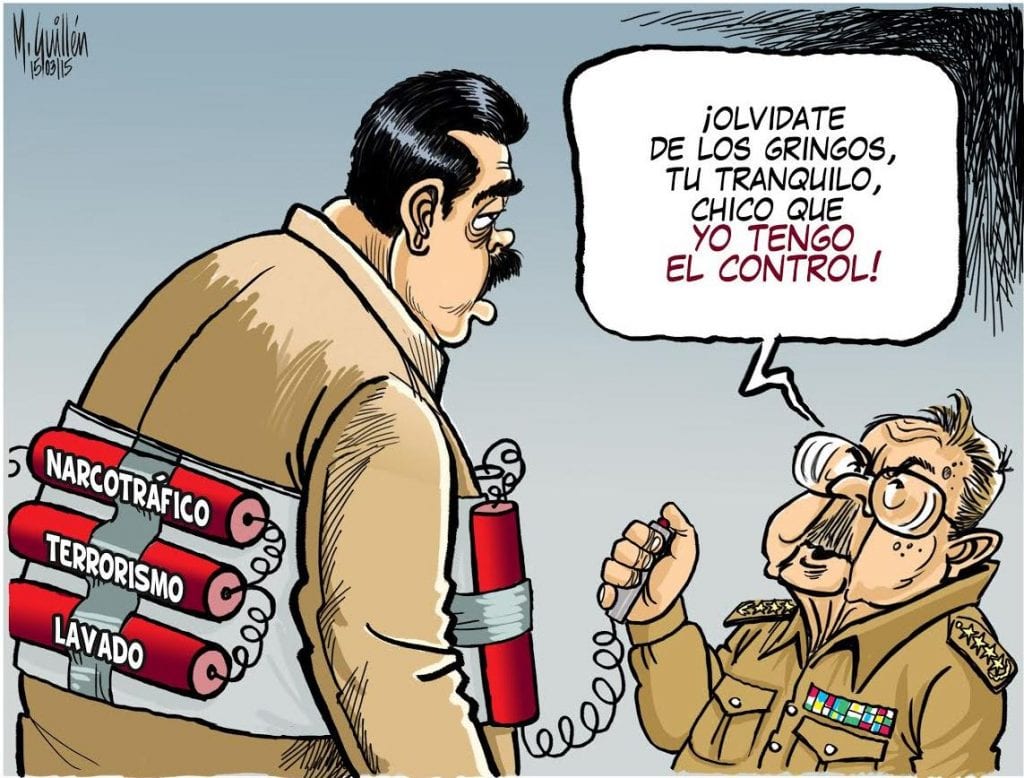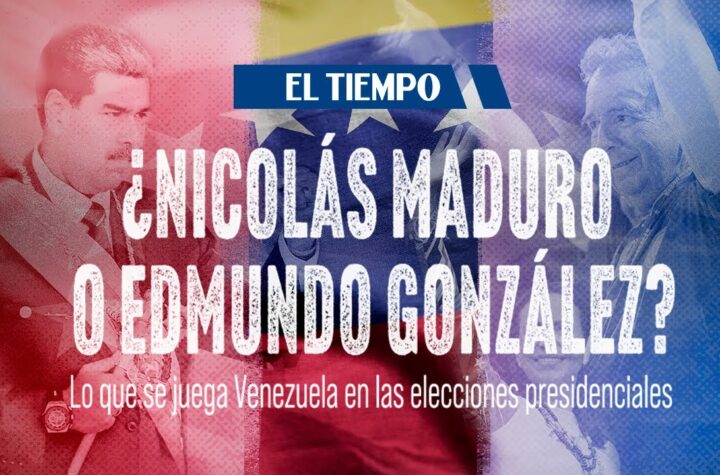
Courtesy
April 14, 2023 marked the 10th anniversary of the presidential elections in Venezuela that brought Nicolas Maduro into power. The election took place six months after Hugo Chávez won but passed away, allegedly in March 2013. In a national address, Chavez designated Maduro as his successor due to health issues, ordering the chavismo to elect him as the next President. The Electoral Council acted promptly, announcing elections within four days after Chavez’s death, following which Maduro emerged victorious in April 2013 as the new President of Venezuela.
An illegal presidency
Before the elections, Maduro was sworn in as interim president a few hours after Chavez’s funeral. The opposition did not attend the ceremony, claiming it was unconstitutional. Capriles, the opposition leader at the time, warned that it was “spurious” and cited the constitution.
Actually, Nicolás Maduro did not fulfill the requirements to run for president established in Article 227 of the Constitution. However, the Supreme Court ruled and interpreted the constitution to allow Maduro’s swearing-in as interim president.
But this decision was in contradiction to Article 229 of the same Constitution. The Continuity of Administration principle was applied by the Supreme Court to allow Maduro to take over from Hugo Chávez without fulfilling the necessary constitutional, legal, and procedural requirements for such an executive position.
Enabled him to participate in the Venezuelan presidential elections, had created since then a spurious presidency Venezuela.
Did Maduro lost this election?
In the 2013 presidential campaign in Venezuela, the official government command used the slogan “Chávez, te lo juro, mi voto es por Maduro”(Chávez, I swear to you, my vote is for Maduro”) to resonate with sympathizers of the deceased President and garner support for the continuation of the ‘process’. The campaign between Maduro and Capriles was marked by insults and accusations.
After a long and tense election day, Tibisay Lucena from the National Electoral Council (CNE) announced that Maduro had won with 50.66% of the votes. Minutes after the official announcement, Capriles demanded a detailed review of the electoral process from the CNE. He claimed that there were irregularities such as closures of borders, intimidation by groups, and affected votes. He stated that these problems made this election different from others.
Capriles called for a review.
Capriles demanded a recount of votes after the Venezuelan election results in 2013 were announced.
The recount was not fully completed, and it was subsequently discovered that 535,000 voting machines had been damaged, which affected about 189,982 votes. It was also alleged that in 1,176 centers Maduro received more votes than Hugo Chávez in 2012, and denounced the forced removal of election observers from 286 centers. Other instances of irregularity included vote-assistance in 564 centers and over 600,000 deceased voters in the electoral register. In total, the detected irregularities would have affected more than 1,479,774 votes.
The heads of state of the Union of South American Nations (UNASUR) held a private two-hour meeting. Maduro left the meeting with a smile and thanked the block’s leaders and raised his left fist in appreciation of their declaration of consensus. The agreement called for dialogue and tolerance.It concluded with a message of support for Maduro as the successor of deceased ex-president Hugo Chavez.
Did Capriles call for actions?
Capriles called for a cacerolazo, a type of protest in which people bang pots and pans, in response to Nicolas Maduro’s controversial presidential victory 13. Maduro retorted with a call for his supporters to use fireworks as a form of counter-protest. The opposition resumed the cacerolazo the next day.
This tension led to violence, including accusations of burned political offices, intimidation, and physical attacks. In turn, local police were placed under the jurisdiction of the Venezuelan military, and the entire incident resulted in the death of nine individuals.
To this day, Capriles is singled out for not having called for a street mobilization to claim victory. His decision not to call the people to the streets to defend his victory has reduced his leadership in the opposition.
He argues that calling a demonstration that day, would have caused many deaths and that he did not want that in his conscience.





More Stories
Venezuela, elecciones entre pajaritos y mariposas
Maduro seeks to bolster military support ahead of next election
¿Qué hará Cuba el 28 de julio?